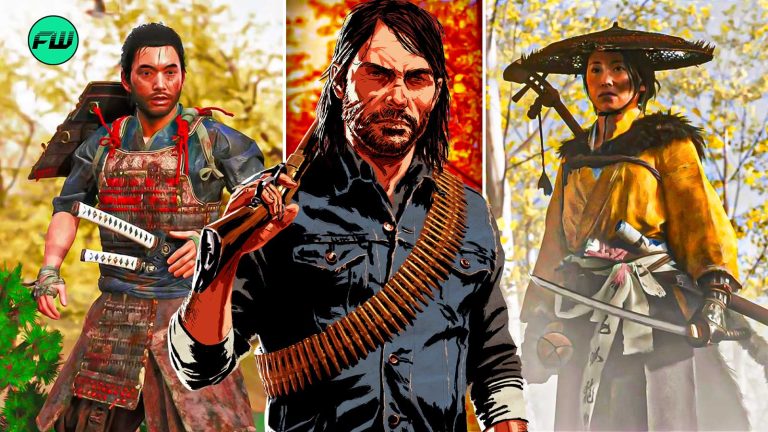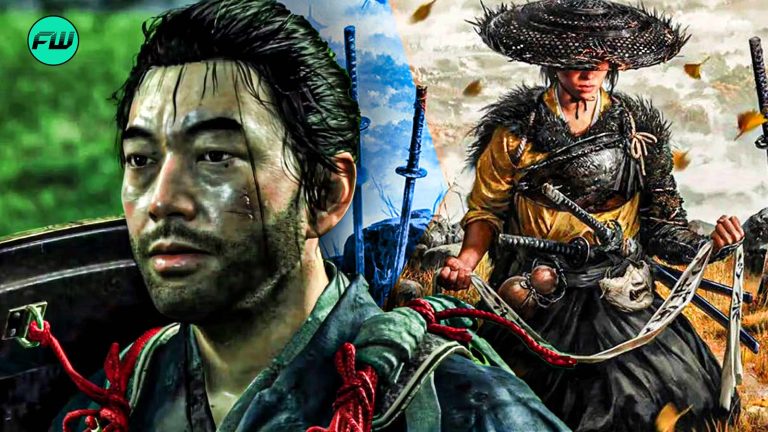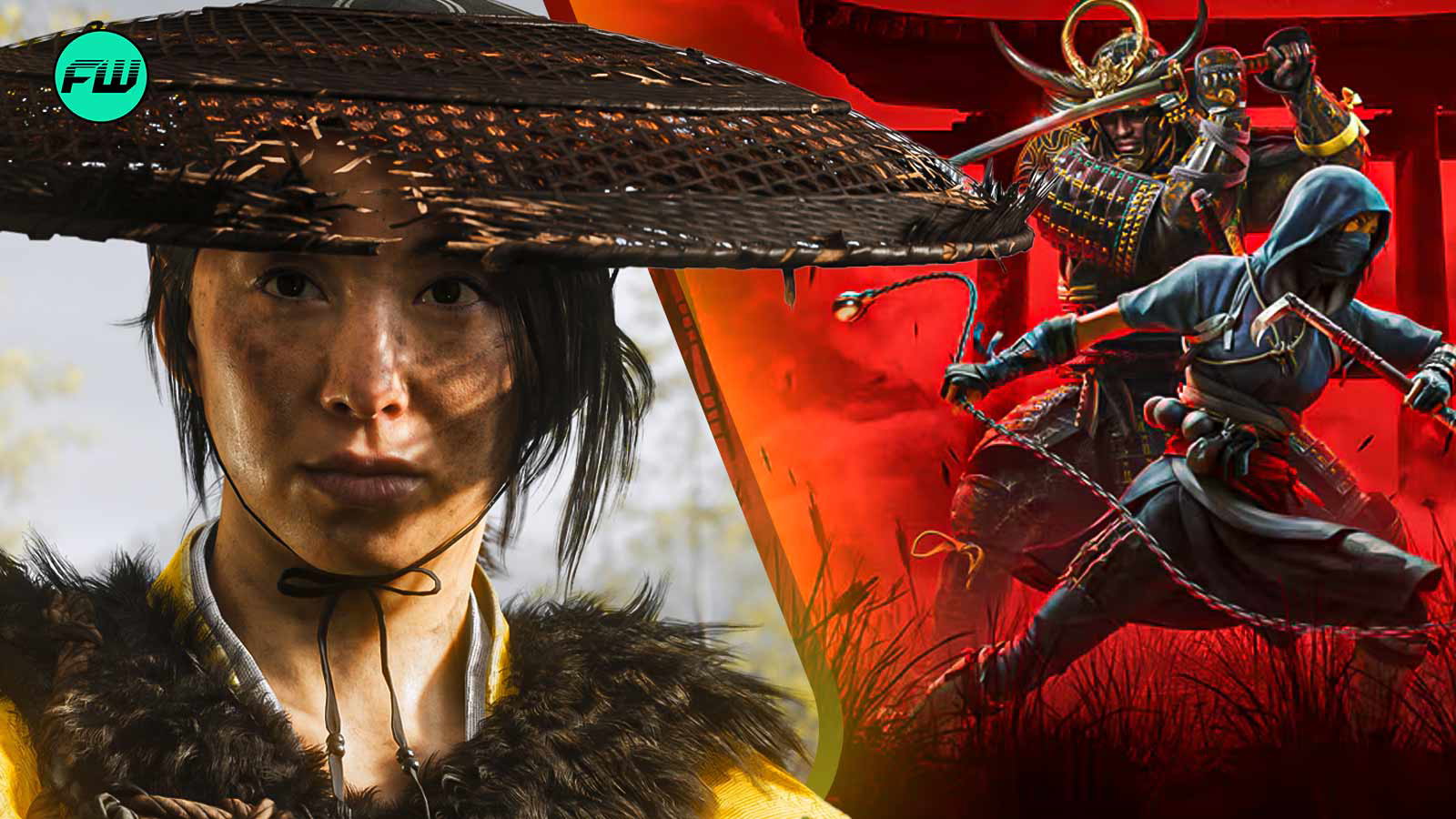
The gaming community’s collective gasp at Ghost of Yōtei’s reveal wasn’t exactly unexpected. After all, replacing a beloved protagonist like Jin Sakai is about as risky as charging headfirst into a Mongol camp with nothing but a broken tanto. Yet here’s Sucker Punch, boldly stepping into the spotlight with not just a new hero, but a female samurai in feudal Japan.
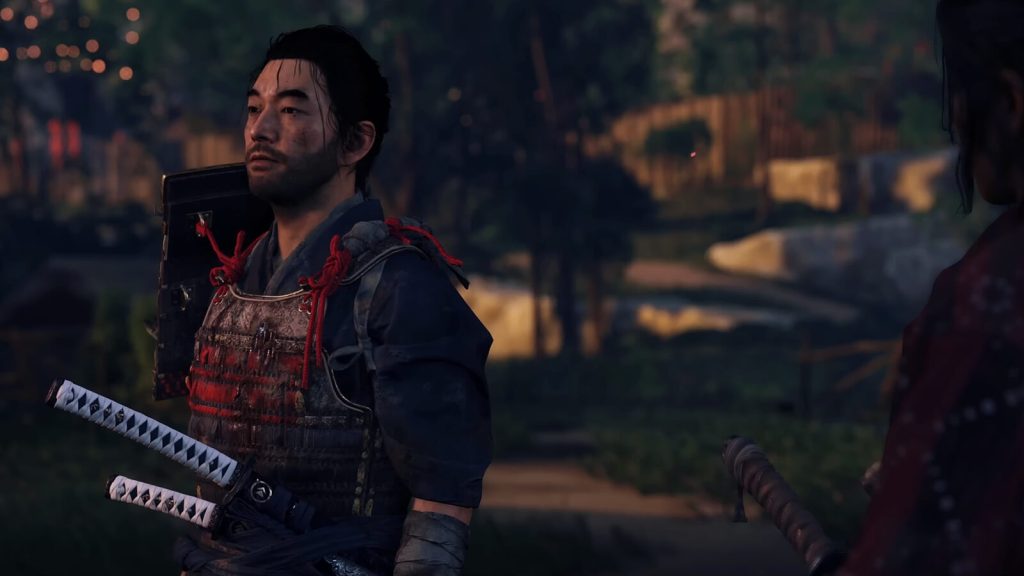
If this scenario feels familiar, it’s because Assassin’s Creed Shadows is weathering similar storms over its own Japanese warrior, Yasuke. But while Ubisoft struggles to justify its creative choices, Sucker Punch might be holding an ace up its sleeve—one that’s been hiding in plain sight within Japan’s own history books.
When replacing a fan-favorite hero actually worked wonders
The internet’s knee-jerk reaction to protagonist changes has become almost predictable at this point. Remember the collective meltdown when Rockstar announced Arthur Morgan? The very thought of replacing John Marston had fans reaching for their pitchforks faster than you could say “redemption.”
Yet here we are, years later, with Arthur Morgan standing tall as one of gaming’s most beloved characters. It’s almost like giving talented developers the creative freedom to tell new stories might actually lead to something special. Who would’ve thought?
What are your thoughts on Ghost of Yotei?
by inCriticalDrinker
Comment
by from discussion
inCriticalDrinker
Of course, the involvement of Dragon Age: The Veilguard writers raises some valid concerns. That game’s narrative stumbles left a mark on the industry that’s still visible from orbit. But here’s where things get interesting: Sucker Punch isn’t just any studio throwing darts at a historical timeline.
Their approach to cultural authenticity in Ghost of Tsushima wasn’t just thorough—it was borderline obsessive. We’re talking about developers who turned historically accurate Mongolian throat singing into a gameplay mechanic. That’s not just attention to detail; that’s dedication bordering on beautiful madness.
Comment
by from discussion
inCriticalDrinker
With Nate Fox and Jason Connell still at the helm for Ghost of Yōtei, there’s reason to believe this ship isn’t about to hit an iceberg. These are the same minds that managed to craft a respectful homage to samurai cinema while still delivering something fresh and exciting.
History has receipts for female warriors in feudal Japan
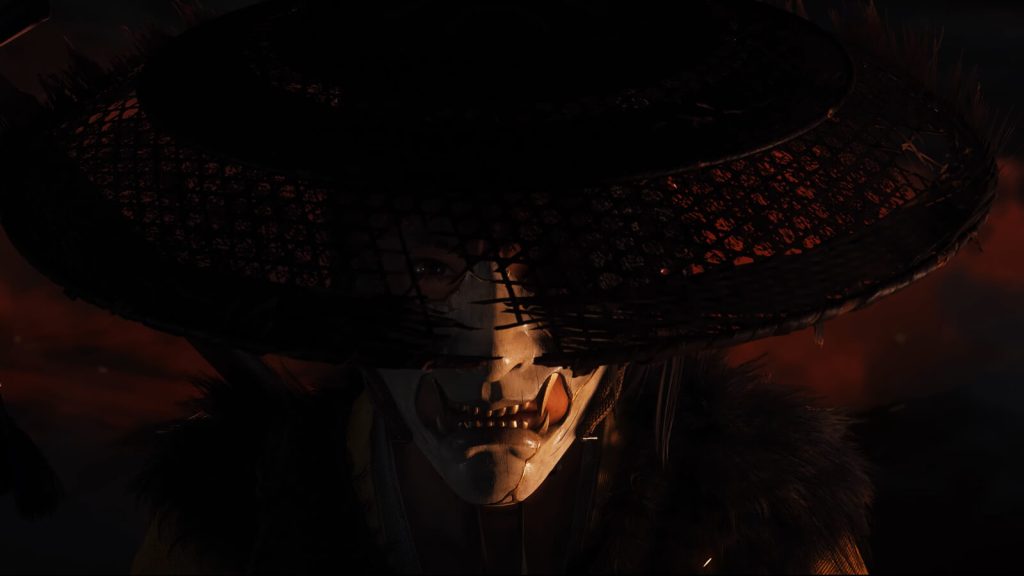
While the internet debates historical accuracy with all the nuance of a sledgehammer, actual Japanese history tells a far more interesting tale. The Onna-musha weren’t just real—they were the kind of warriors that would make your average action hero think twice about picking a fight.
Nakano Takeko led an entire unit of female combatants during the Boshin War, charging into battle with such ferocity that her enemies probably needed a moment to recover from sheer amazement before getting thoroughly defeated. And let’s not forget Tomoe Gozen, whose battle prowess was so legendary that even her enemies couldn’t help but write poetry about her.
Comment
by from discussion
inCriticalDrinker
These weren’t token warriors or historical footnotes. They were battlefield commanders who earned their place in history through a combination of strategic brilliance and combat skills that would make Sun Tzu take notes. And their stories are a goldmine for exactly the kind of narrative Ghost of Yōtei seems to be pursuing.
Comment
by from discussion
inCriticalDrinker
Yes, there are legitimate questions about the game’s setting in 1603 Hokkaido. The anachronistic naming of Mount Yōtei and some architectural elements have naturally raised some concerns. But when you’re dealing with a studio that turned historical consultation into an art form, maybe they deserve some benefit of the doubt.
The real test won’t be whether our protagonist can swing a katana—it’ll be whether Sucker Punch can write a story worthy of the legacy they’re building upon. History’s given them the blueprint; now it’s up to them to follow it.
What’s your take on Ghost of Yōtei’s new direction? Think it has what it takes to silence the critics? Share your thoughts below!
This post belongs to FandomWire and first appeared on FandomWire
